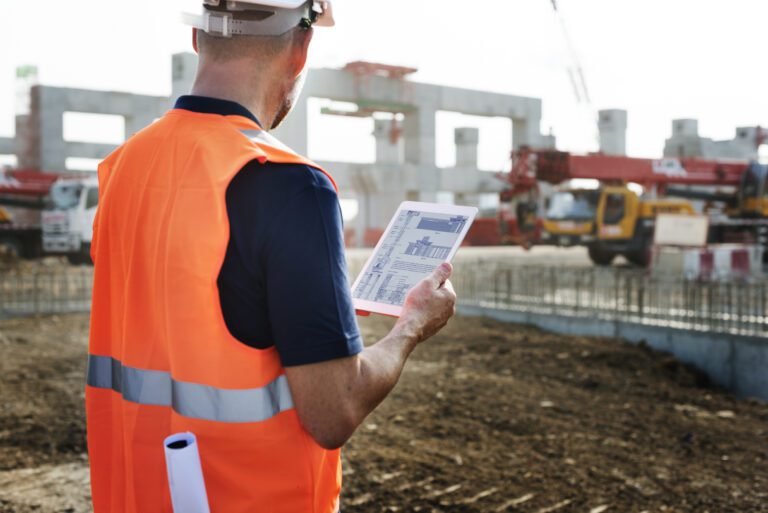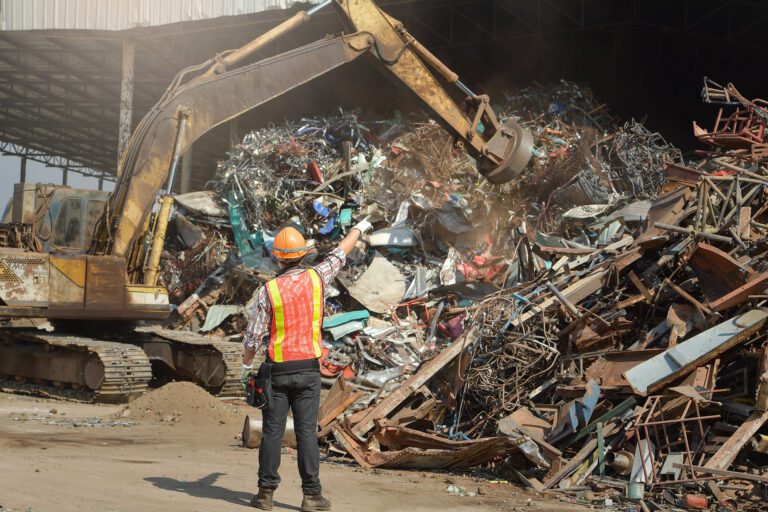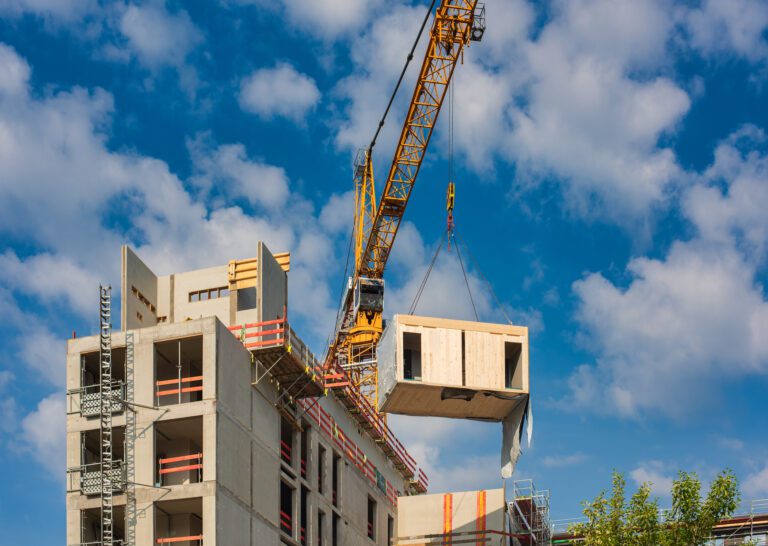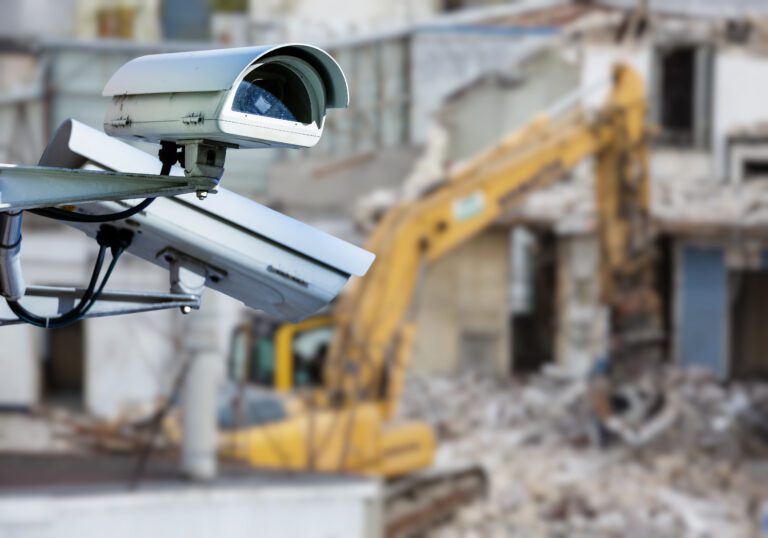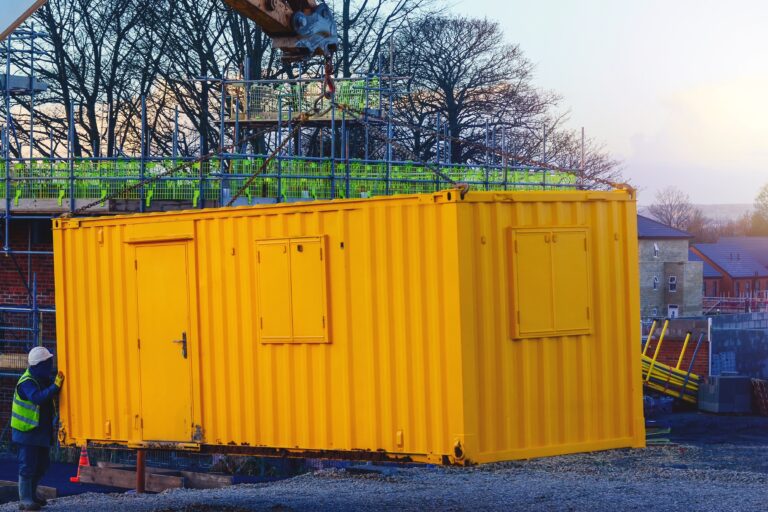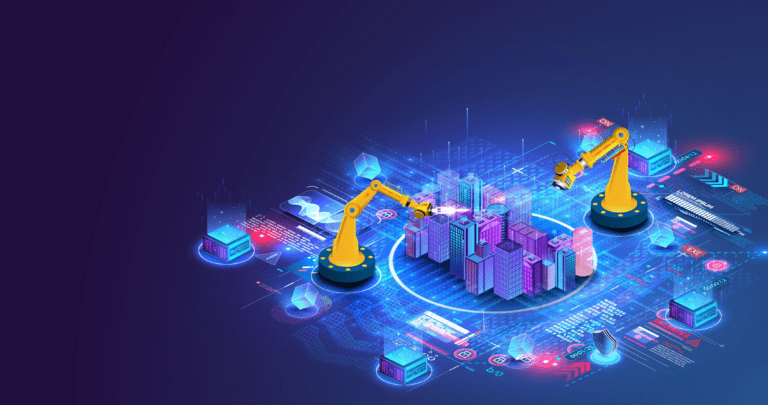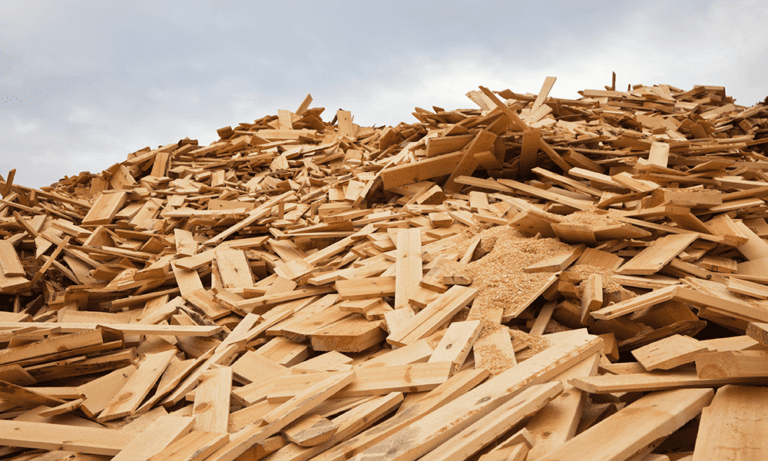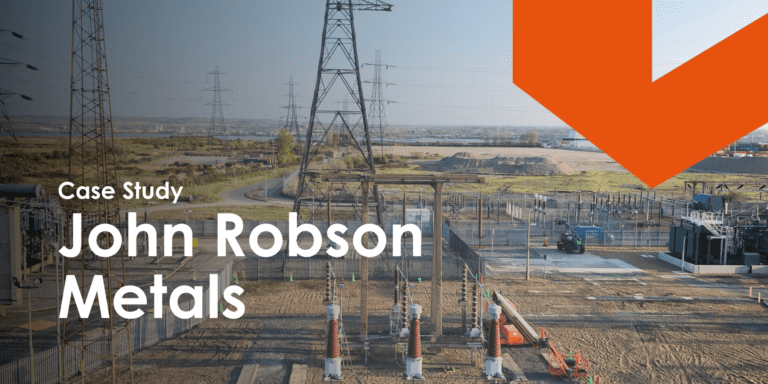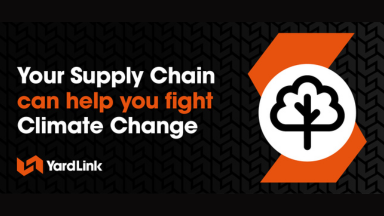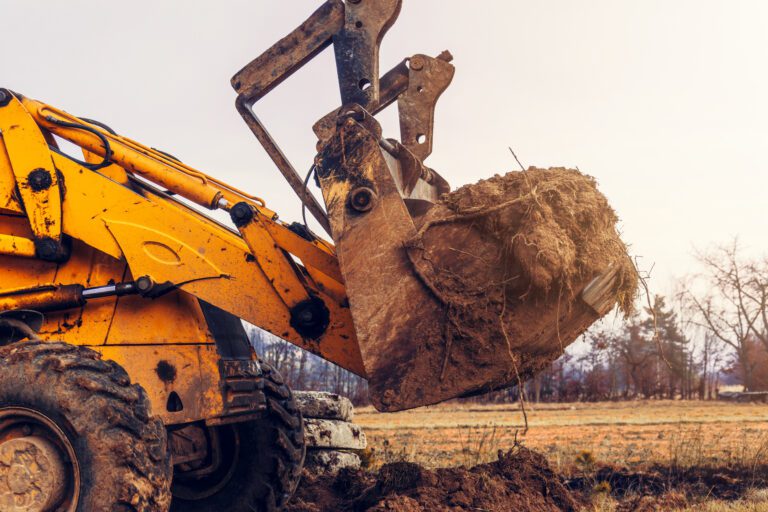
22nd April, 2024
Safeguarding Aerial Work with IPAF Operator Training: Essential Insights
Explore the role of IPAF training, the requirements for compliance, and how hiring certified operators enhances safety and efficiency.
The need for precision, safety, and efficiency in aerial work cannot be overstated in the construction world, especially within SME construction companies across England. Working at heights or using machines to lift people or materials in the air involves many risks; hence, every detail must be managed carefully to avoid accidents. Meanwhile, construction projects must stick to tight schedules and budgets, making efficiency vital. Enter IPAF operator training.
IPAF Operator Training in a Nutshell
As the name indicates, International Powered Access Federation (IPAF) operator training equips operators with the necessary skills and knowledge to handle aerial work platforms (AWPs) like cherry pickers and scissor lifts with high-level expertise.
What makes it vital?
Construction sites have become increasingly complex and equivalently regulated. Without understanding the nuances of IPAF training and the requirements for operating these machines, it’s almost impossible to ensure workplace safety and maintain a competitive edge.
We will elaborate on this later; however, If you are unfamiliar with IPAF operator training, we recommend you get acquainted with the basics first, starting with one of our older posts.
UK Construction Safety Map: A Data-Driven Approach
Estimated days lost & average days lost due to workplace non-fatal injury, source: HSE Statistics
According to the FirstMats Research Hub’s summary of the HSE report on British construction industry safety for 2023, robust training programs like those offered by IPAF require immediate attention. With over 69,000 workers suffering from work-related ill health, 45 fatal injuries, and 53,000 non-fatal injuries (reported!), their importance can hardly be overstated.
Other reports claim that 17% of accidents involve injuries sustained while handling, lifting, or carrying. Falls from a height account for 8% of non-fatal injuries, while being struck by a moving or falling object accounts for 11%. Coincidentally, the list of MEWP hazards involves all these possibilities.
Arial platform accidents involvement by the industry, source: Access Briefing
Along with the physical risks associated with inadequate training, the report highlights the psychological impact of working in high-risk environments. Which, all together, further leads to approximately 2.6 million working days annually due to injuries and illnesses.
How does that affect the economy?
Naturally, the financial implications are severe, as demonstrated by the £1.3 billion cost (2021/22) attributed to workplace injury and ill health in the construction sector.
The data map appears somewhat gloomy, doesn’t it? However, the numbers can be drastically reduced through targeted training initiatives.
That Makes IPAF Operator Training in Construction Indispensable
This specialised training program provides the skills and knowledge necessary to use machines securely and efficiently. The focus of the apprenticeship is multifaceted; it involves technical operation aspects and creating awareness of safety practices that help prevent issues. As a holistic approach to training, it also contributes to the overall sustainability and productivity of the construction industry.
By integrating IPAF’s comprehensive training and safety protocols, you can seriously enhance worker safety, at the same time relieving the financial burden associated with workplace incidents.
- Why it’s necessary: Operating such equipment without proper training can result in falls, malfunctions, and accidents that can lead to serious injuries or fatalities.
- What you get: By undergoing IPAF training, operators learn how to inspect equipment, assess environmental hazards, and handle emergencies, notably reducing the likelihood of accidents on the job in return.
The Risks of Inadequate Training
The immediate hazard of operating aerial equipment without proper training is the high potential for accidents. These can range from minor incidents to severe mishaps involving falls from heights or people getting trapped between the platform and overhead obstacles.
To illustrate, an untrained operator might not know the proper procedures for setting up a scissor lift. If the lift isn’t correctly stabilised, it could collapse under weight or when moved. Accidents have been reported where an operator, lacking proper IPAF training, failed to deploy outriggers on uneven terrain, leading to the scissor lift tilting and causing severe injuries.
Comprehensive Skill Development
IPAF training isn’t just about learning to operate a machine. It’s a thorough education in all aspects of using aerial work platforms safely, including mechanical operation, risk assessment, and safety protocols. Operators learn to check the machine before use, understand each control and function, and how to respond if something goes wrong.
Here’s a Real-life Application Example:
Consider a situation where an operator needs to use a cherry picker on a windy day.
IPAF training includes understanding how weather conditions can affect the stability of aerial platforms. Operators trained through IPAF courses will know how to adjust the stabilisers correctly and when it’s safe to operate the equipment. They can also assess whether the wind speed is within safe limits or if the operation should be postponed, thereby preventing accidents that could occur from equipment toppling or losing control.
Benefits of Undergoing IPAF Operator Training
Source: Facilities Management Journal
Enhanced Safety Protocols
One key outcome of IPAF training is educating operators to perform safety checks and maintenance routines before, during, and after a course of action.
This includes daily checks of the hydraulic, electric, and mechanical components to ensure everything functions correctly before the equipment is used. An operator who completes IPAF training can conduct a comprehensive pre-use inspection and identify potential issues like leaks or worn-out controls that might go unnoticed by an untrained eye.
Emergency Handling
IPAF training also equips operators with the ability to handle crises effectively.
Consider emergency descent operations here and what to do if the operator becomes stranded at height. A trained operator should be able to safely lower a malfunctioning cherry picker using manual emergency controls after the main controls fail. The ability to think and act fast, combined with adequate training, is the shortest path to preventing fatal incidents.
Compliance with Health & Safety Regulations
In the UK, adhering to health and safety regulations isn’t just good practice—it’s the law.
IPAF training helps companies comply with stringent guidelines set forth by health and safety bodies, including the Health and Safety Executive (HSE). This is not just about avoiding penalties; it’s about building a reputation as a diligent, law-abiding, and safety-conscious company.
Operating Licenses for Cherry Pickers and Scissor Lifts
Do You Need an Operator’s License for a Cherry Picker?
Yes. Operating a cherry picker requires specific training to neutralise (or at least minimise) the risks associated with its use. A traditional driving license won’t suffice.
If you need a licenced operator, they require an IPAF PAL (Powered Access Licensed-registration) card required to operate these platforms. This card proves that the operator has passed the IPAF training courses tailored to specific types of equipment.
Licensing Requirements for Scissor Lifts
Scissor lifts, especially smaller ones, are often perceived as a safer type of aerial machine due to their vertical elevation rather than outwards extension. Nevertheless, they also require operators to hold an IPAF PAL card.
The difference is in training. IPAF Operator Training for scissor lifts concentrates on vertical lifting procedures, emergency descent mechanisms, and platform stability.
Use YardLink to Hire Certified IPAF Operators
The easiest way to hire a licenced AWP operator is to hire them through professional platforms such as YardLink. It comes with several notable advantages for your SME construction business, but here we will underscore two most significant:
- You will hire professionals well-versed in the latest safety protocols and operational techniques.
- This choice will alleviate the administrative burden of training and certifying new or existing staff.
To Sum It Up
For SME construction companies in England, staying ahead in a tech-forward, strictly regulated industry means prioritising training and compliance in aerial operations. IPAF operator training equips your team with skills to safely and effectively manage AWPs and MEWPs, including cherry pickers, boom lifts, or scissor lifts. In addition, the training program empowers operators with the confidence and know-how to handle complex situations.
By hiring a certified crew, you are protecting their colleagues, your workforce, the integrity of the construction project, and the company itself.
A trusted partner like YardLink will help you boost operational efficiency and compliance with health and security standards. Reinforce your commitment to excellence: contact us to elevate your construction operations to new heights today.
YOU MIGHT ALSO BE INTERESTED IN

